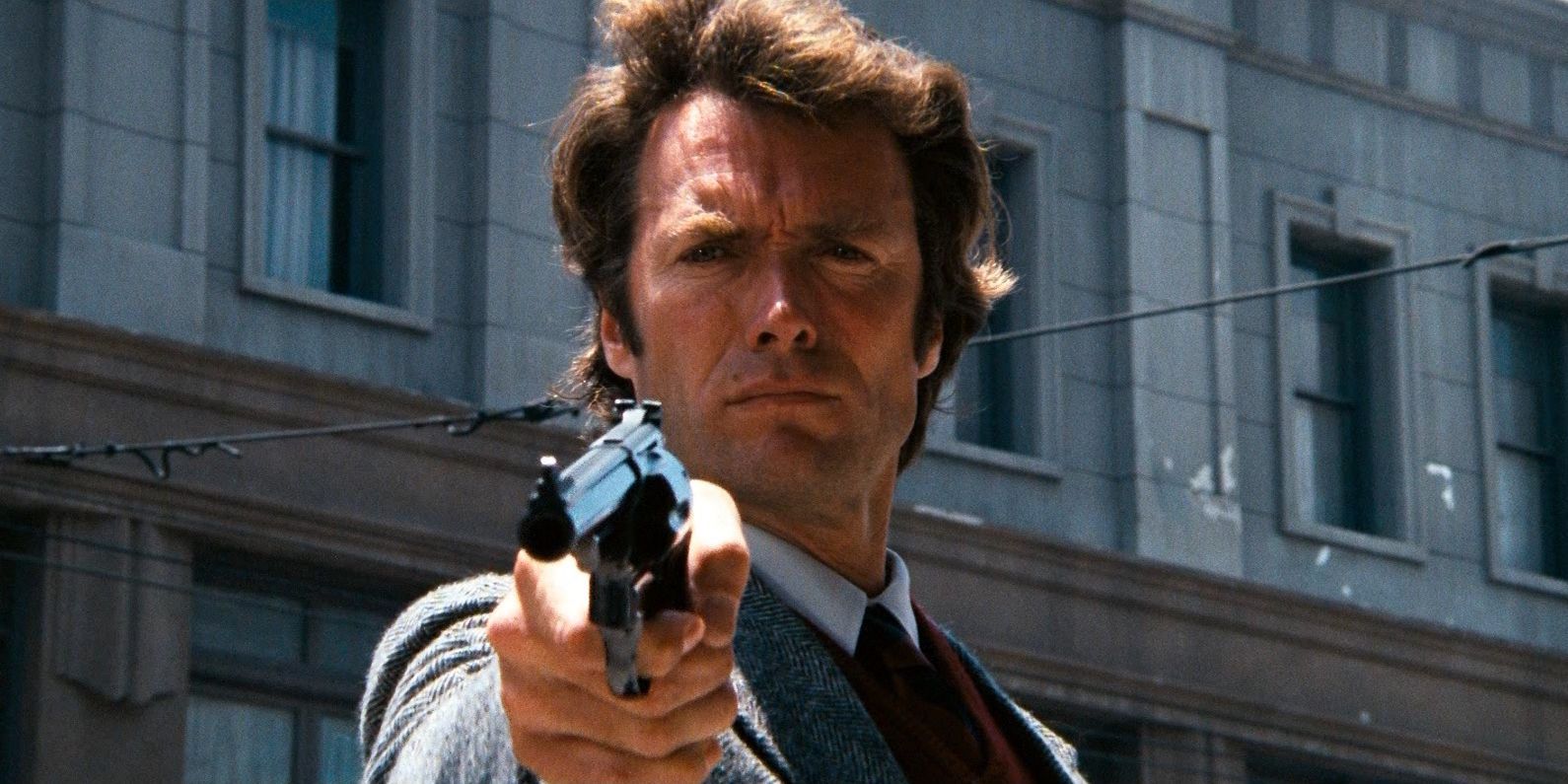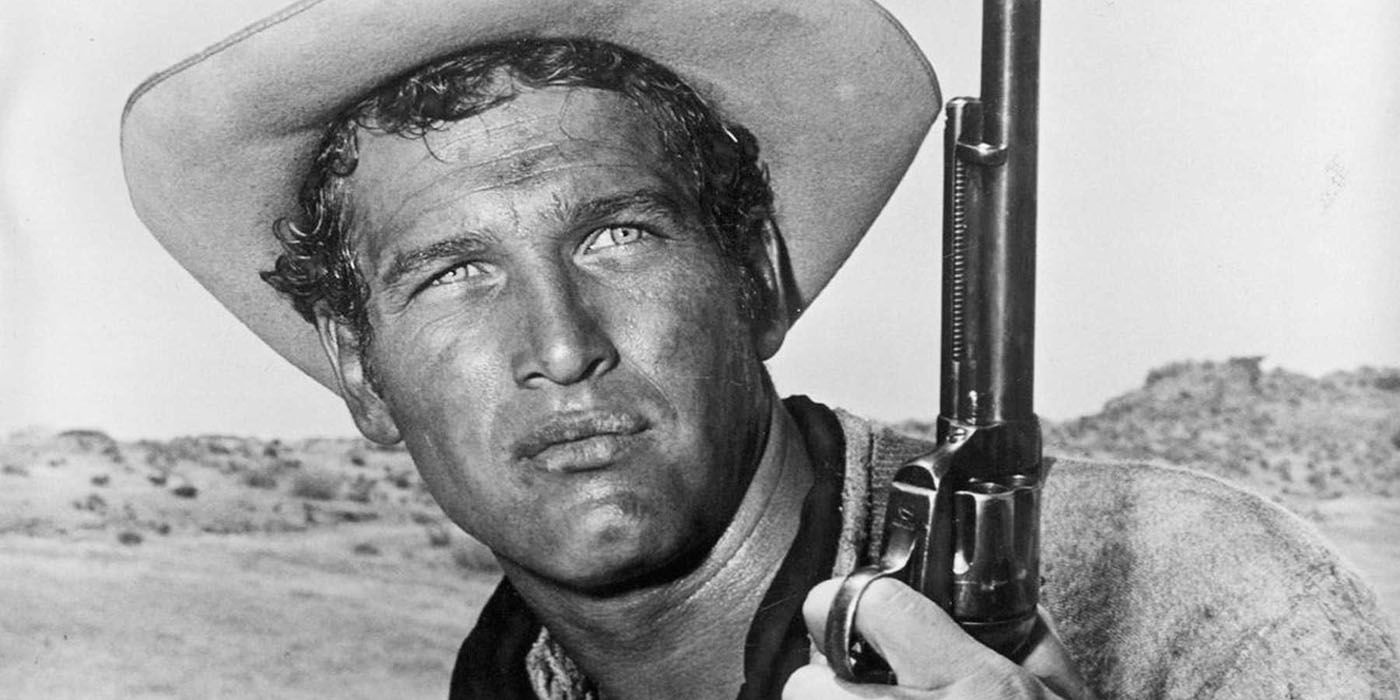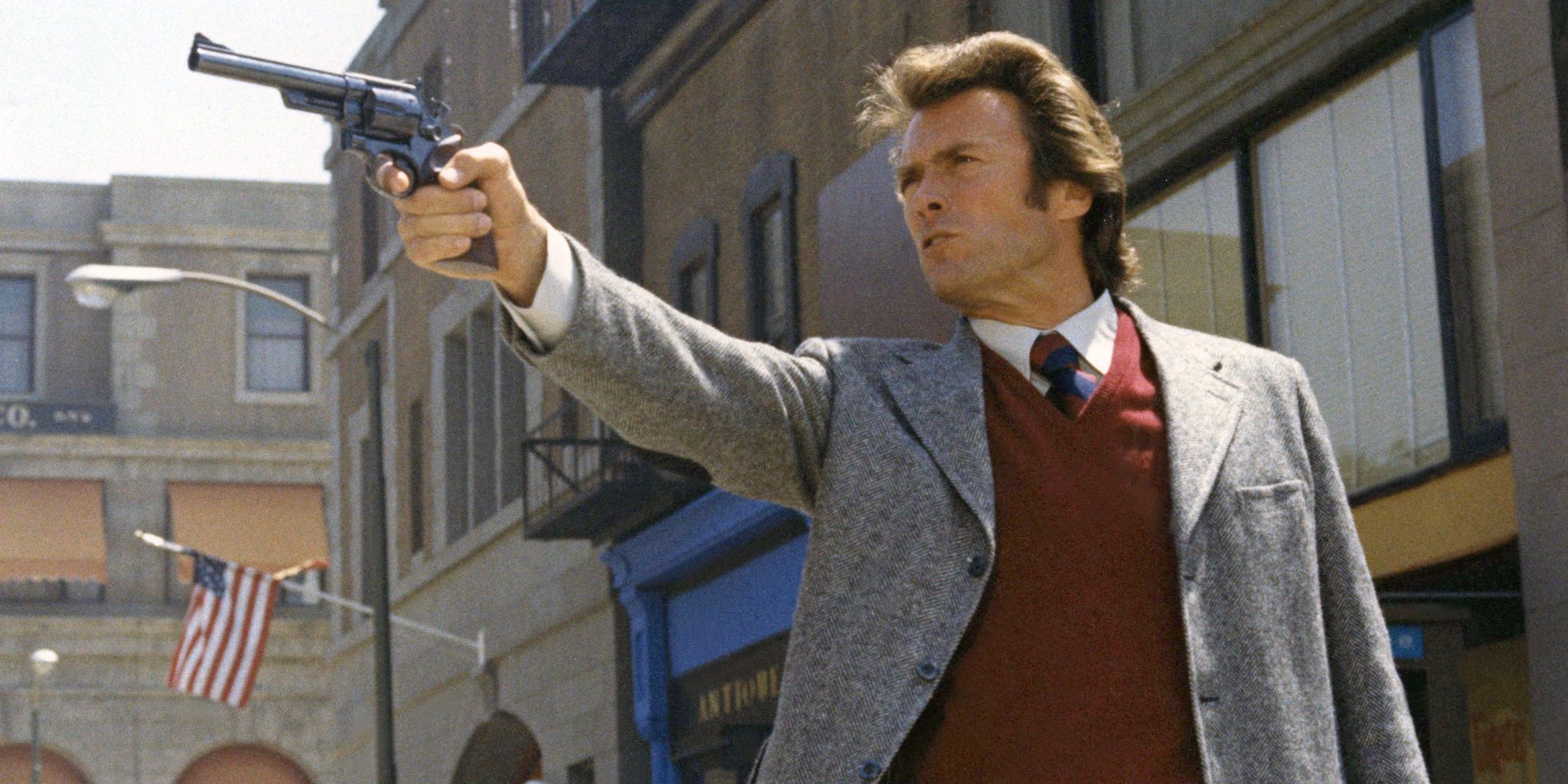Clint Eastwood is one of the most recognizable stars in American cinema history and is continuing to make movies into his 90s. He had a few small roles as far back as the 1950s before getting recognition as a TV actor in the late ’50s and early 1960s, with his profile blowing up thanks to his role in the iconic Man With No Name trilogy in the mid-60s. From there, he’s been a staple of pop culture, and beyond acting, he started a successful directing career in the early 1970s.
Frequently, Eastwood has directed and starred in many of his films and even taken on other roles, like occasionally composing music for his movies. With over 40 directing credits to his name, and many of those films being good to great in terms of quality, it’s understandable that a few have gone under the radar. These aren’t his most well-known movies, but they’re all good films worth watching for anyone who likes Eastwood’s work as a director or an actor.
‘Richard Jewell’ (2019)
![Richard Jewell - 2019]()
One of Eastwood’s more recent films—and probably his best of the 2010s—Richard Jewell tells the story of a man who helped thwart a bombing at the 1996 Olympics, only to be accused of being one of the perpetrators behind the attack. The film looks at the impact the accusation had on Jewell and his mother, exploring how the media can essentially put a person on trial—forgoing any sense of “innocent until proven guilty”—and showing how the justice system can let individuals down.
Granted, the film is not perfect. It took some liberties with the story and some real-life people in it, which may have influenced its less-than-stellar box office performance. It also might be a tad overlong, but beyond the flaws, there are some fantastic performances and engaging, biting commentary about the media and the criminal justice system. It shows that Eastwood still has it as a director, as the story, acting, and overall presentation are (flaws aside) quite strong.
‘The Outlaw Josey Wales’ (1976)
![Outlaw Josey Wales 1976]()
There are so many Clint Eastwood Westerns that he starred in or directed (or did both!) that there’s a chance of them all starting to blend after a while, especially once you’ve seen a decent number of them. This could lead to some being overlooked, and truth be told, there are a handful of Clint Eastwood Westerns that aren’t exactly great movies and maybe can be glanced over… but The Outlaw Josey Wales certainly isn’t one of them.
Even by Eastwood’s standards, it’s gritty and quite grim, being a far cry from the sorts of Westerns popular in Hollywood before Eastwood was established as a big-screen star of the genre. In The Outlaw Josey Wales, Eastwood plays one of his best Western anti-heroes; a vengeful man is righting the wrongs in the Wild West using his violent methods, eventually standing up for the oppressed. It’s good stuff and, in hindsight, a very natural precursor to his even better (and just as gritty) Unforgiven, made some 16 years later.
‘Space Cowboys’ (2000)
![Space Cowboys - 2000]()
Space Cowboys does sound a little silly at first, given the title, but don’t let it put you off. Far from being about literal cowboys in space (or something like Cowboy Bebop, which uses Western tropes in a science-fiction setting), it’s actually about a group of elderly ex-astronauts who—some 30-40 years past their prime—get the opportunity to travel to space on a dangerous mission to repair a satellite.
It’s not exactly a comedy, but it has a fun, adventurous tone for a good deal of its runtime, though naturally isn’t without more serious moments when it comes to themes of getting old and having regret about one’s life not turning out the intended way. It might not be the best or most consistent late-era Eastwood film, but it has plenty of good qualities (and a strong cast) to make it worthwhile for fans of the actor-director.
‘Letters from Iwo Jima’ (2006)
![Letters From Iwo Jima - 2006]()
Letters from Iwo Jima is one half of a pair of films Eastwood made about the battle of Iwo Jima in World War II, with the other being Flags of Our Fathers. Interestingly, the two depict the same battle but from two different points of view, with Letters from Iwo Jima showing events from the Japanese army’s point of view (complete with mostly Japanese dialogue, despite it being an American-produced film) and Flags of Our Fathers showing the perspective of the U.S. army.
The two parts would make for a powerful war film epic if viewed back-to-back, though the intensity and ferociousness of the combat scenes—and the sadness at the loss of life on both sides would make such a double feature very taxing. They’re both good movies, but Letters from Iwo Jima emerges the stronger of the two, thanks to it being a far more sensitive, even-handed exploration of the Japanese army than most American WWII movies and also due in part to their side of the story arguably being even more impactful and harrowing. It’s an uncommonly humanizing and sympathetic American war film that seeks to understand and acknowledge a side that was very much America’s enemy during the conflict.
‘The Bridges of Madison County’ (1995)
![The Bridges of Madison County - 1995]()
With The Bridges of Madison County, Clint Eastwood had a shot at making a tear-jerking romance, and he pulled it off pretty well. It tells the story of a short but passionate love affair between Clint Eastwood’s and Meryl Streep‘s characters, with the kind of great performances you’d expect from actors of their caliber.
Now, it’s possible that the film gets a tiny bit too sappy for its own good, or at least by modern standards. It also has a strange framing device from the start that robs the story of having much by way of surprises and does feel its length. However, as an example of Eastwood tackling the romance genre and getting the core relationship at the core of the film believable and feeling right (which is probably the main thing), The Bridges of Madison County is ultimately a success.
‘A Perfect World’ (1993)
![A Perfect World - 1993]()
Clint Eastwood appears in A Perfect World, but only in a supporting role (and this didn’t end up being the only time he did this; see also Million Dollar Baby in 2004). The film’s star is Kevin Costner, an escaped prisoner on the run from the law who forms a surprising bond with the boy he kidnaps, all the while, Eastwood plays the main lawman on his tail.
It’s a difficult premise, but A Perfect World mostly makes it work, with its rather outlandish story developing well, leading to a film that’s among his most underrated works. The fact it followed up his hugely successful Unforgivenwithout being quite as great may have had something to do with that, unfortunately; given Unforgiven is arguably his best-directed film, the follow-up was always going to have big shoes to fill.
‘Play Misty for Me’ (1971)
![Play Misty For Me - 1971]()
Play Misty for Me was the first film Clint Eastwood ever directed, and it made for quite a striking directorial debut. It involves Eastwood playing a disc jockey who has to deal with an obsessive, potentially dangerous female fan, played by the late Jessica Walters in one of her first major roles (she became best-known for playing Lucille Bluth in Arrested Development).
For a debut, it’s pretty solid. It works well as a tense psychological thriller, though it’s far from perfect, with the film overall being a little too simple and the narrative occasionally outlandish. But as a first film, it’s quite good, and it’s worth watching to see Eastwood’s beginnings as a director and for Walters’ compelling and menacing performance.


 Entertainment1 year ago
Entertainment1 year ago
 Entertainment1 year ago
Entertainment1 year ago
 Entertainment1 year ago
Entertainment1 year ago
 Entertainment2 years ago
Entertainment2 years ago
 Entertainment1 year ago
Entertainment1 year ago
 Entertainment1 year ago
Entertainment1 year ago
 Entertainment1 year ago
Entertainment1 year ago
 Entertainment1 year ago
Entertainment1 year ago
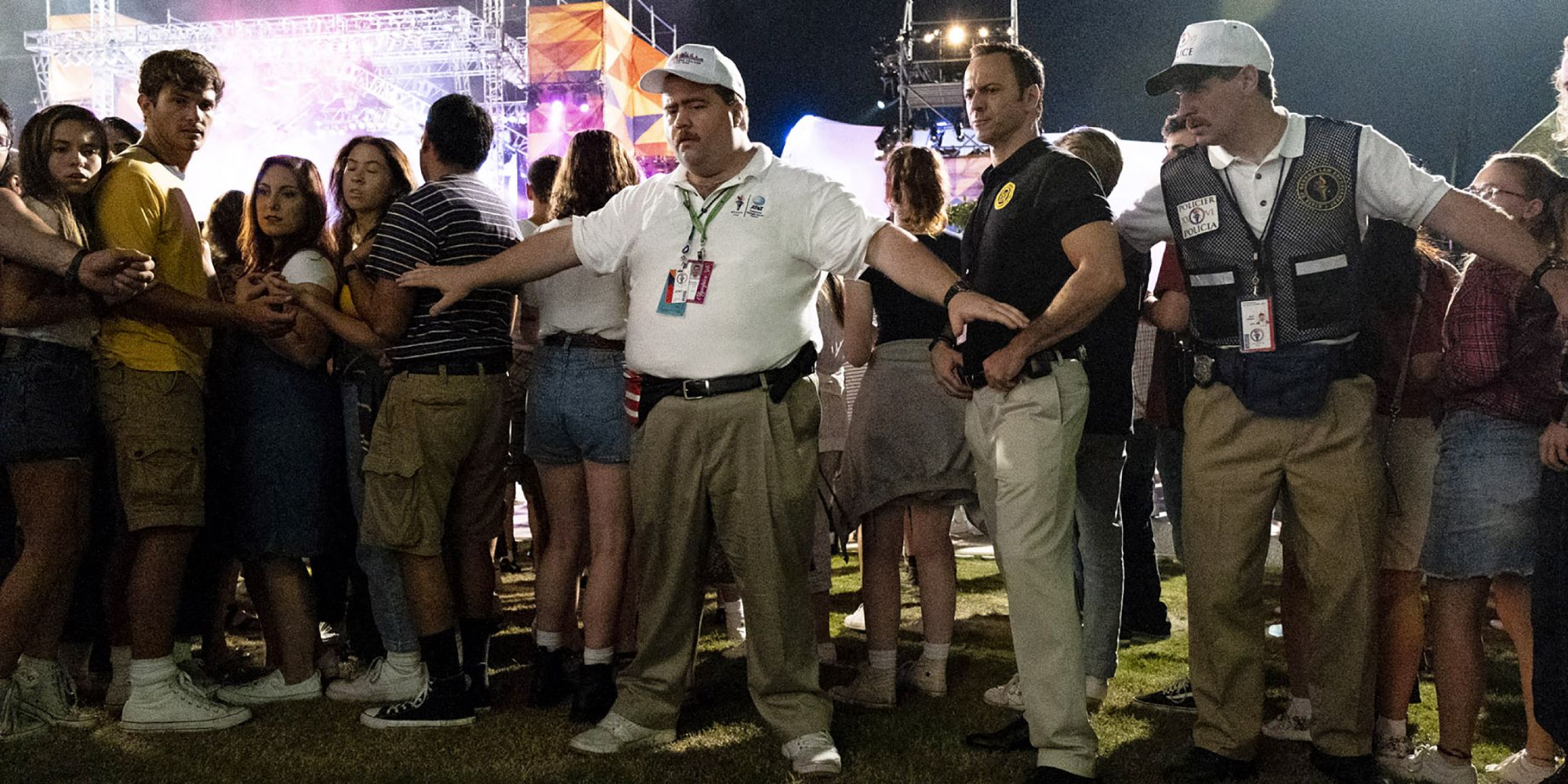
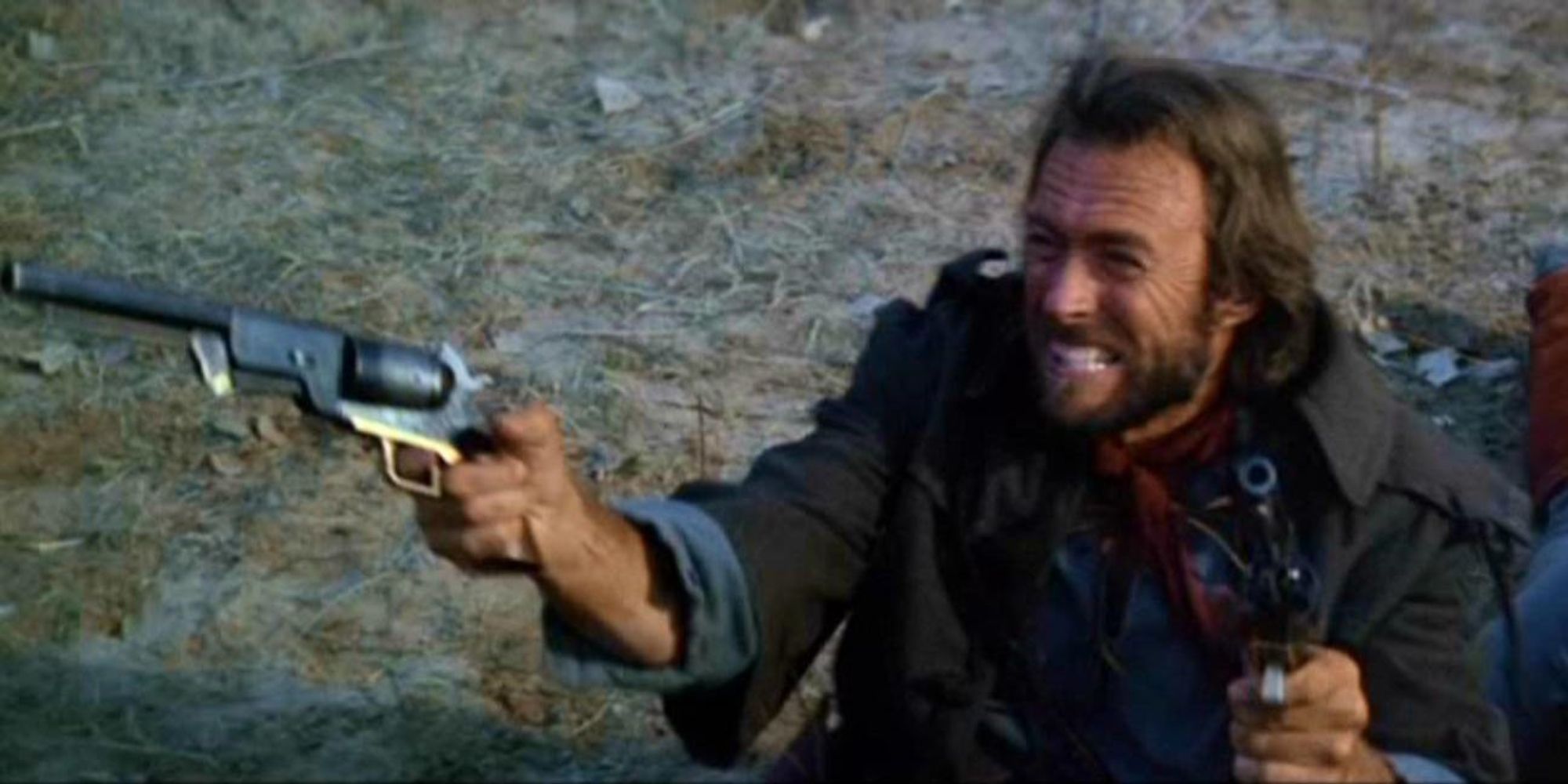
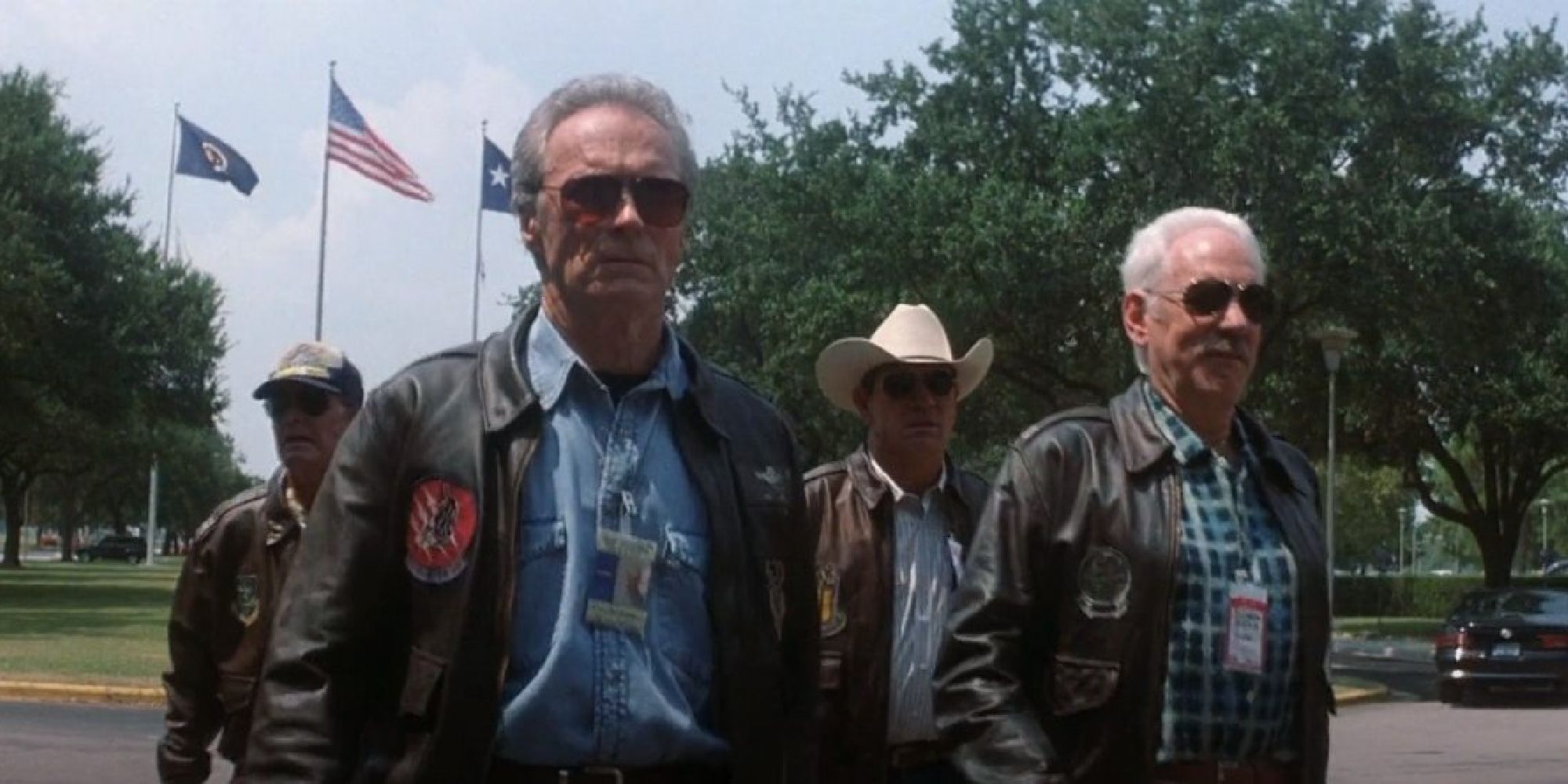
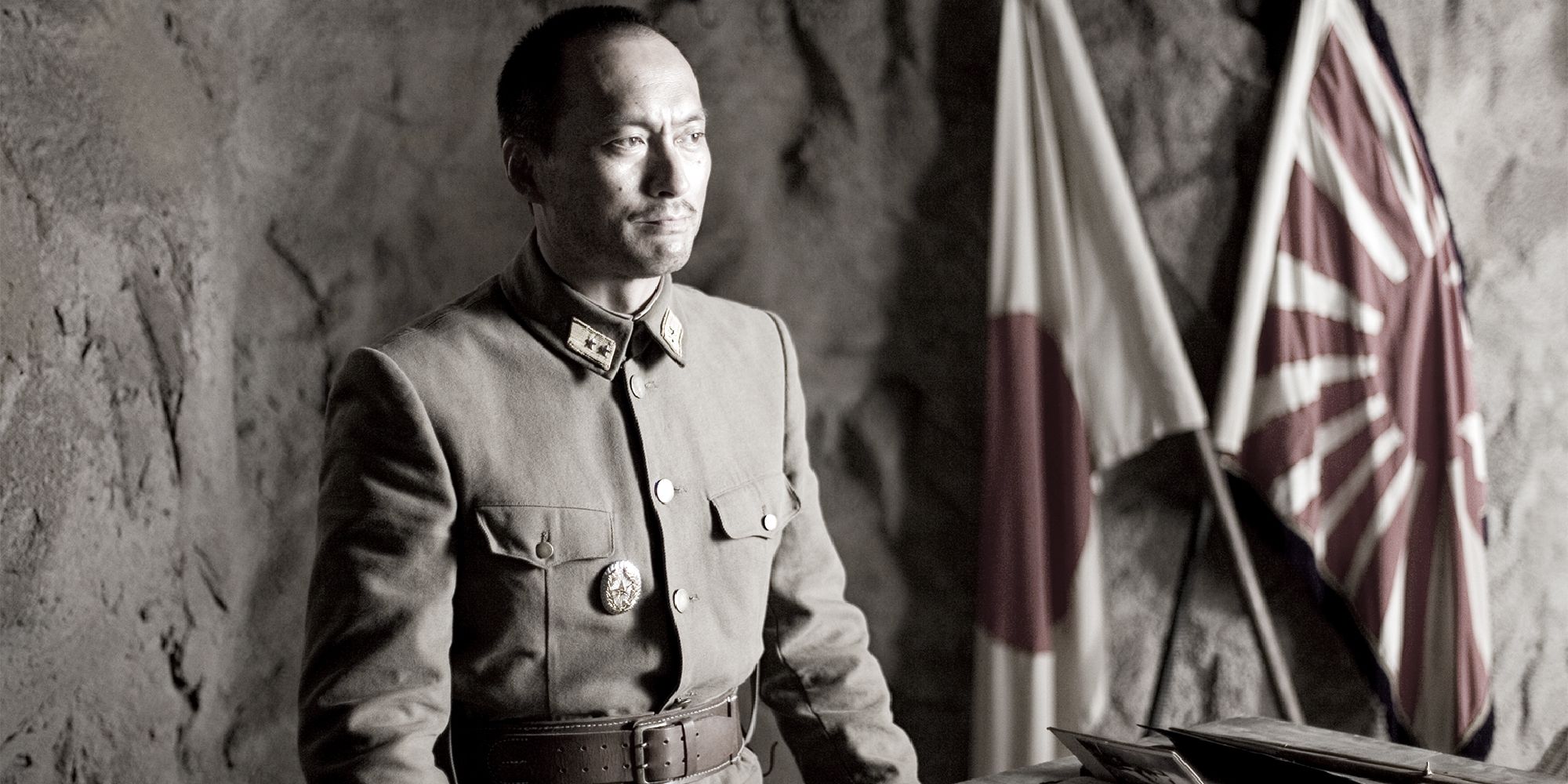
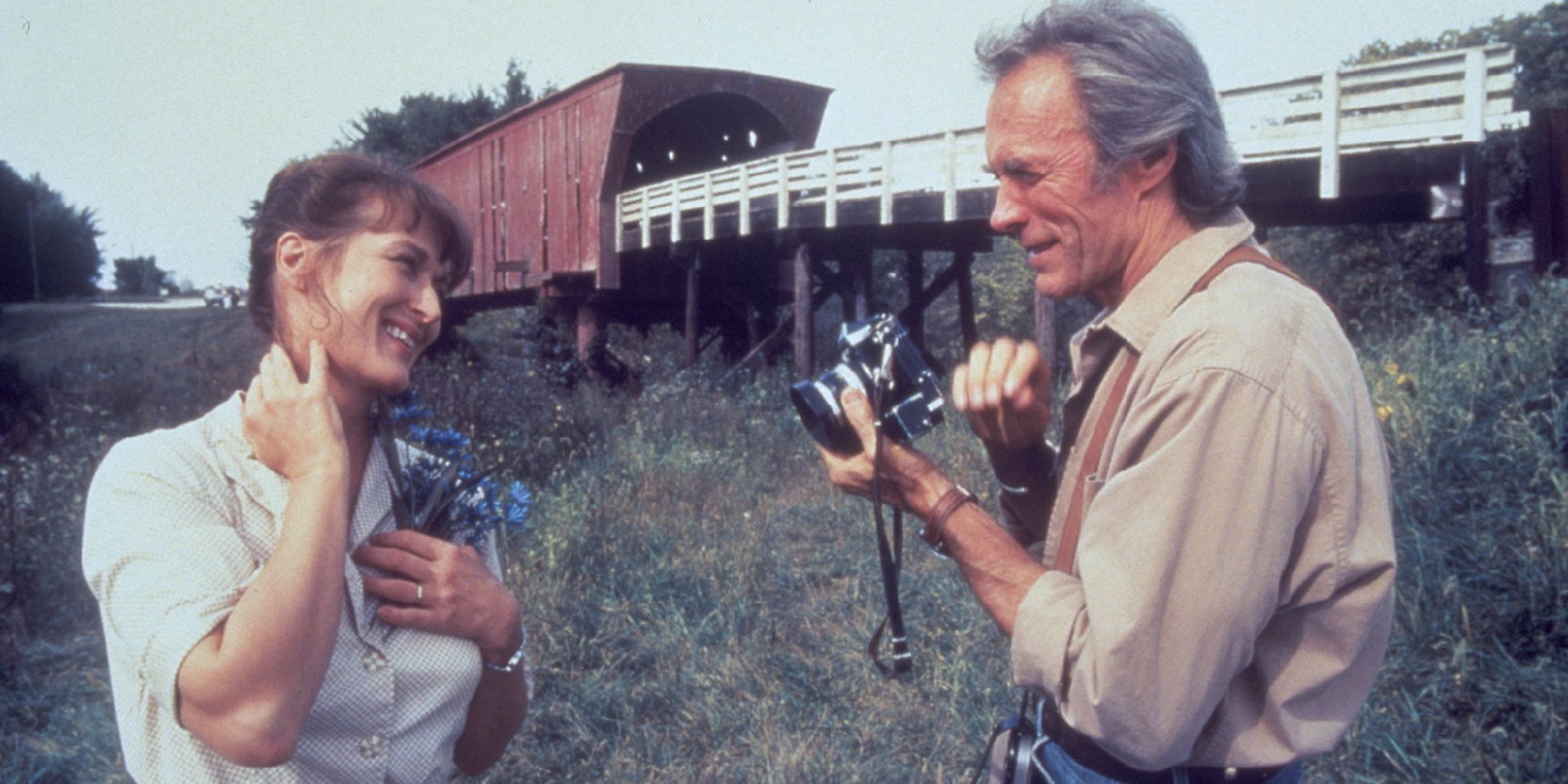
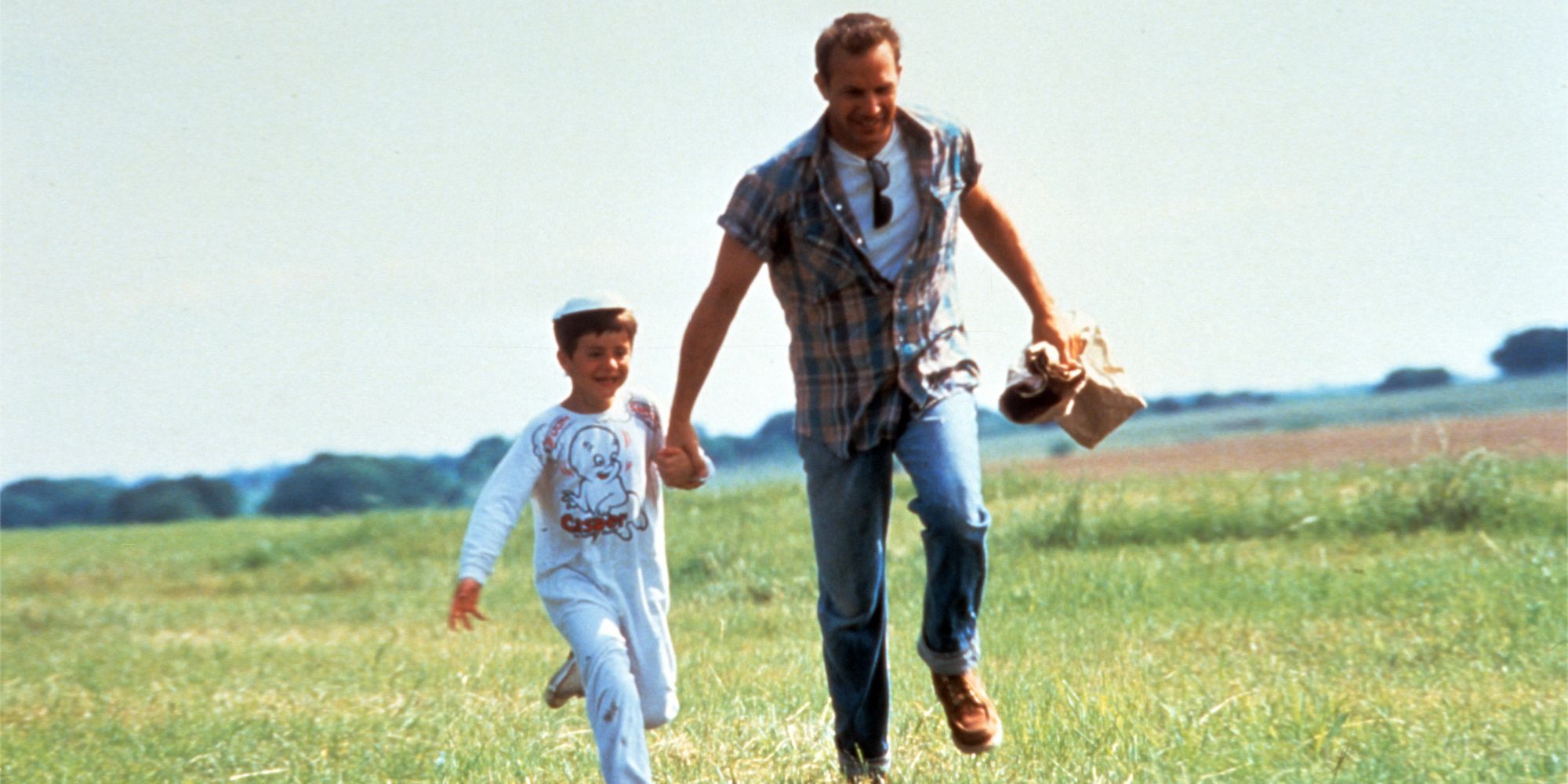
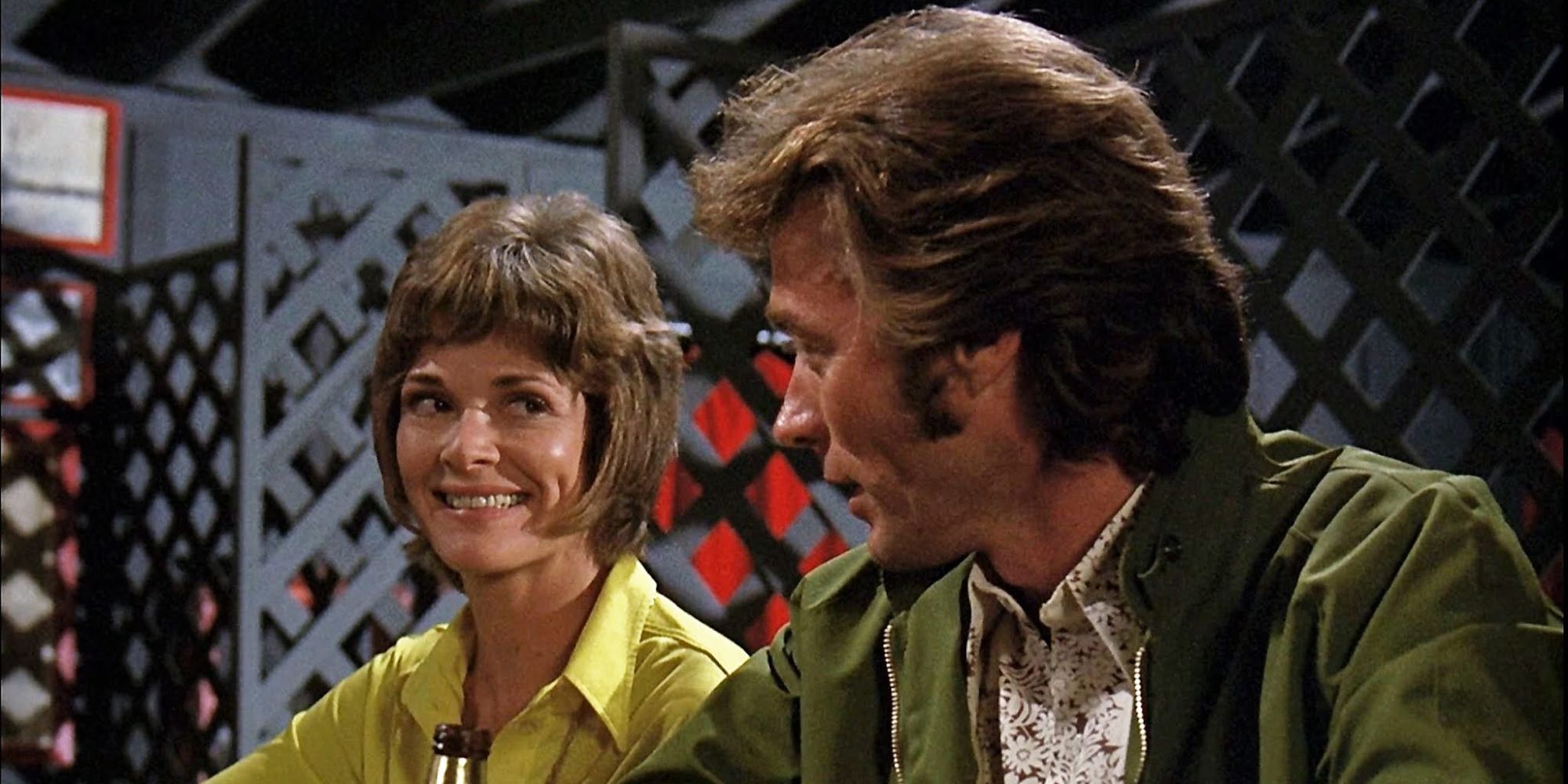


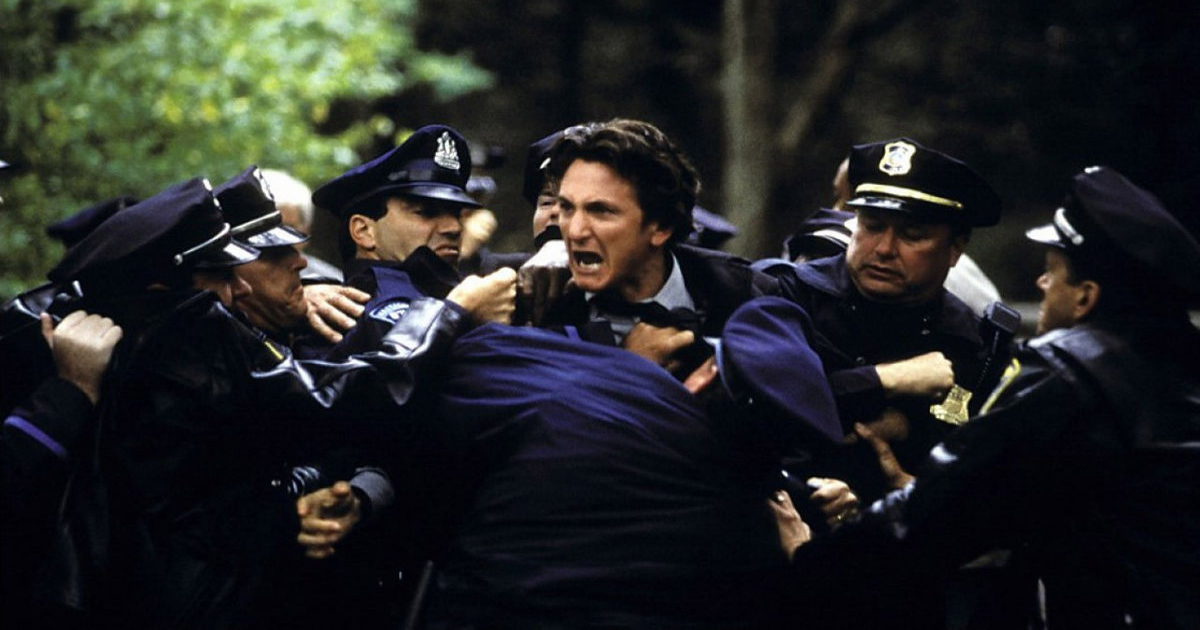 Warner Bros.
Warner Bros.

